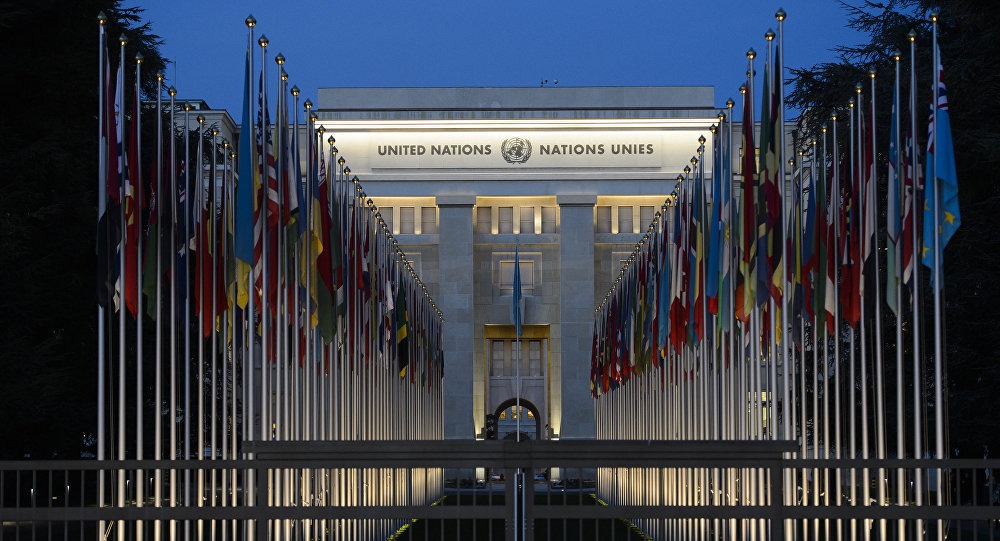Oral Statement Interactive Dialogue with the Special Rapporteur on the negative impact of unilateral coercive measures on the enjoyment of human rights 51st Session Human Rights Council, 14 September 2022 Agenda Item 3, Promotion and protection of human rights, civil, political, economic, social and cultural rights, including the right to development
Prepared and Submitted 18 September 2022 by the Islamic Human Rights Commission (UK)
Download the PDF version here.
Speaker: Jawad Husain
IHRC wishes to highlight the devastating effect of sanctions by countries and international organisations including the UN to exert pressure on governments or effect regime change. Such sanctions are clearly in violation of international law and the UN Charter.
Sanctions often kill and hurt more people than die or are injured in wars. Although dressed up in the language of diplomacy, they are effectively war by another means. This is evident from the examples of North Korea, Yemen, Venezuela, Iran, Syria, Iraq and other nations targeted by wide ranging economic sanctions. The World Food Programme describes Afghanistan as “facing the highest prevalence of insufficient food consumption globally” with half of the population facing food insecurity at crisis or emergency levels. Yet, the US has not only seized half of the $7bn deposited in US financial institutions but has also prevented the Afghan Central Bank from accessing the balance for governing the country. This ongoing blockage amounts to collective punishment of a civilian population.
In Iran, the worst effects of sanctions are visible in the health sector among patients with special illnesses who need pharmaceutical and medical equipment from abroad. Although Iran’s health sector is not directly targeted by sanctions, the economic difficulties in purchasing and transporting medical equipment and supplies to the country, as well as the inability to transfer funds via international banks, create insurmountable obstacles. Previous sanctions regimes on Cuba and the former federal republic of Yugoslavia and Serbia led to significant increases in mortality rates in those countries. In Iraq according, to UNICEF around 1.5 million people, primarily children, died as a direct consequence of the UN sanctions imposed in 1990.
Sanctions are a blunt instrument of political power whose use must be reined in by the international community as a matter of urgency.




